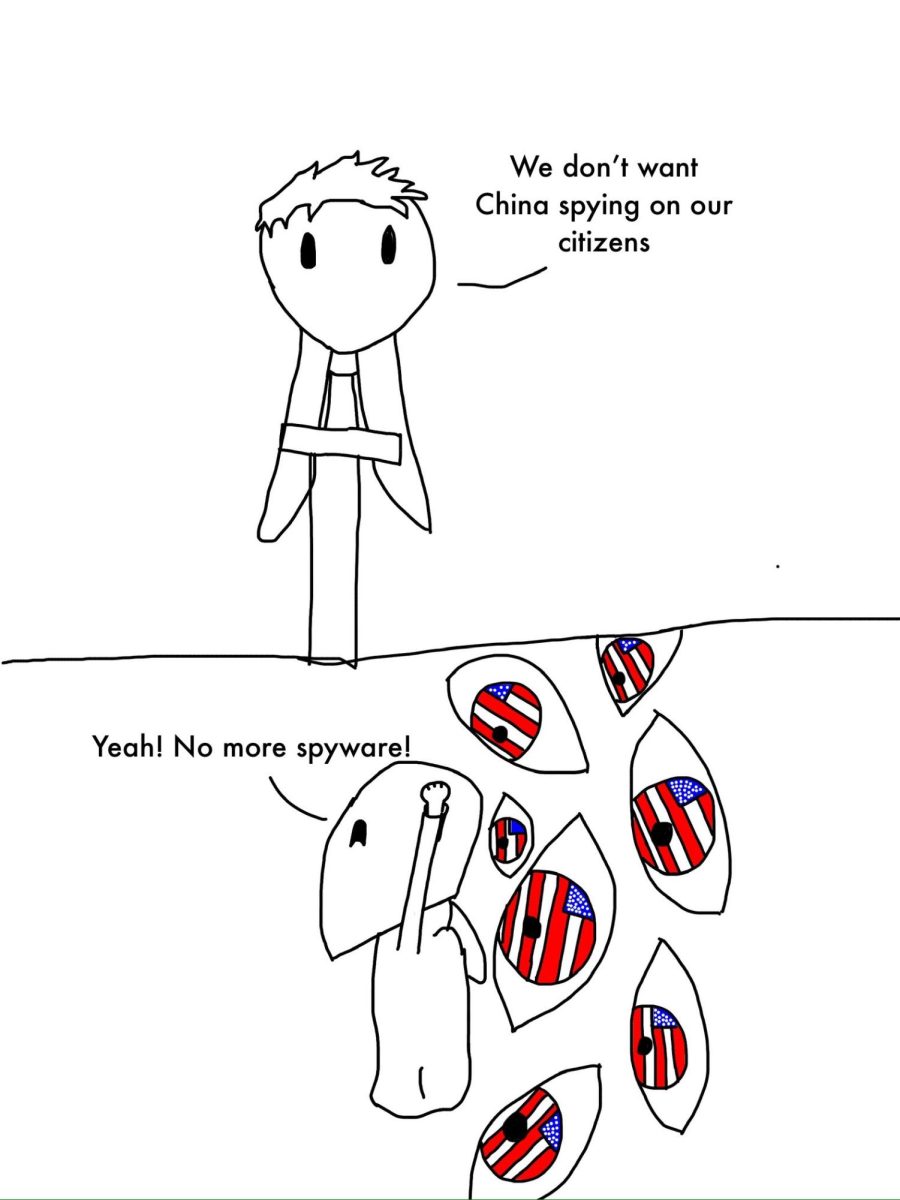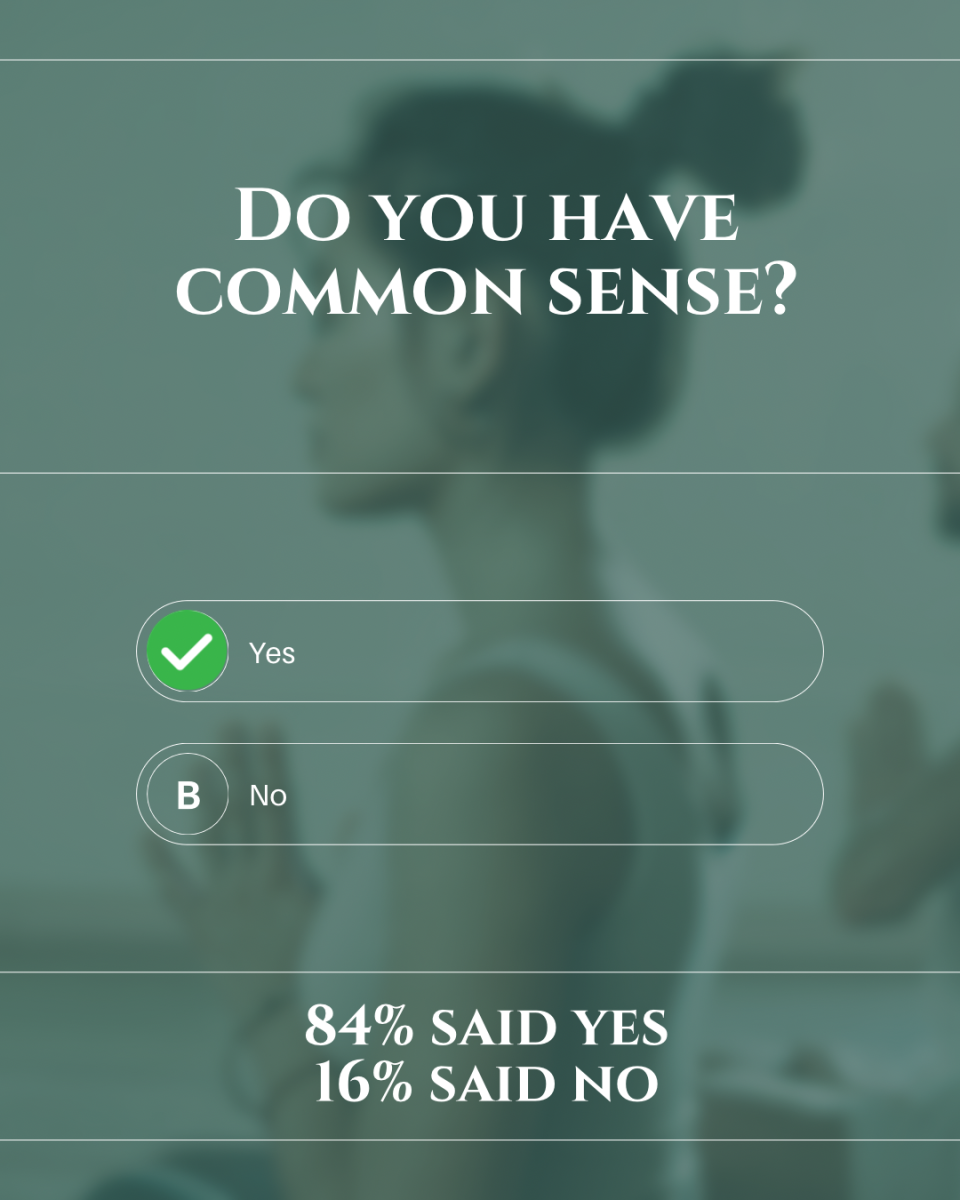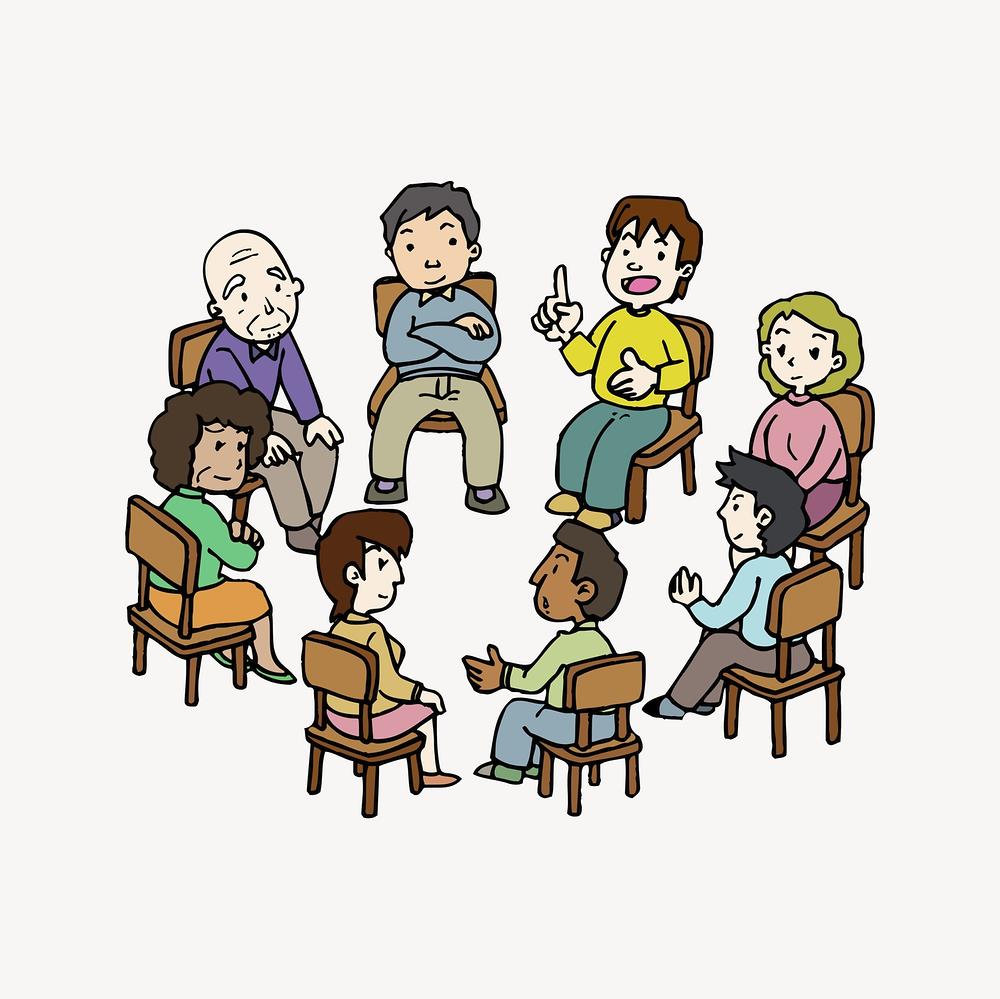Whether it’s been through smoke signals, letters, phone calls, or text messages, communication has been used since the Earth and everything on it was created. It has been used to unite and bring people together for thousands of years, and as society continues to progress, so are the methods of conversation. Slang and abbreviations have always existed and have been used in day-to-day lives. Autocorrect though, wasn’t established until 1993, therefore, spelling was an expected skill for years before this. One couldn’t just write something wrong and have it corrected. This luxury is a slippery slope, and teenage literacy is starting to fall with it.
As student’s horizons are broadened from social media, new terms are introduced. The divide between adults and children is expanded with each new term that is instituted. Aiden Fuchs, senior, believes that communication has been drastically changed by new technology. “I do think that emojis, slang, and abbreviations have a huge impact because the way they speak is the exact same way they text,” said Fuchs. The effect of all of these components can lead to struggles in proper writing. The replacement of emojis and shortened terms into actual words can be a difficult task for many people. As new generations have devices thrust upon them at younger and younger ages, certain skills might not be seen as important. It can also influence how many distinguish what is correct and what isn’t. Fuchs said, “I believe the younger you are can affect how easily you can identify credible sources, so what content you watch and age you watch it at can affect the identification of credible sources.” The lines of truth are often blurred throughout social media, and students may fall for tricks that major corporations play. Trusting sites just because they may seem legit can alter the way individuals view the world and their peers around them.
Most people can agree that the electronic tools commonly used nowadays are helpful, but when they are taken away, it may feel like the rug has been ripped from underneath someone. Rachel Cannon, English teacher, believes that many may depend on their devices too often to correct their mistakes. “We rely on our phones to autocorrect us all the time… I do find that sometimes some of the smaller things can be affected, grammar and spelling wise, that just automatically gets fixed in our texts,” said Cannon. The words and phrases that theoretically should be easy to spell are frequently seen misspelled in school and work settings. Along with grammar being a downfall of social media, so are the attention spans of lots of its users. The fast-paced nature of Snapchat, Instagram, and many other sites can cause students to grow bored of necessary tasks. Cannon said, “I think that social media can be a tool to use, but it’s our job to use our judgment and know when it’s accessible and when it’s hurting us.”
Whether the future contains robots, all the AI, or flying cars, the world will have to adapt to whatever communication is being used. One doesn’t use the abacus or chalkboards in a one-room schoolhouse anymore because society has modified its ways to fit its communities. This same idea must be applied to the future, as no one is stopping time.





















